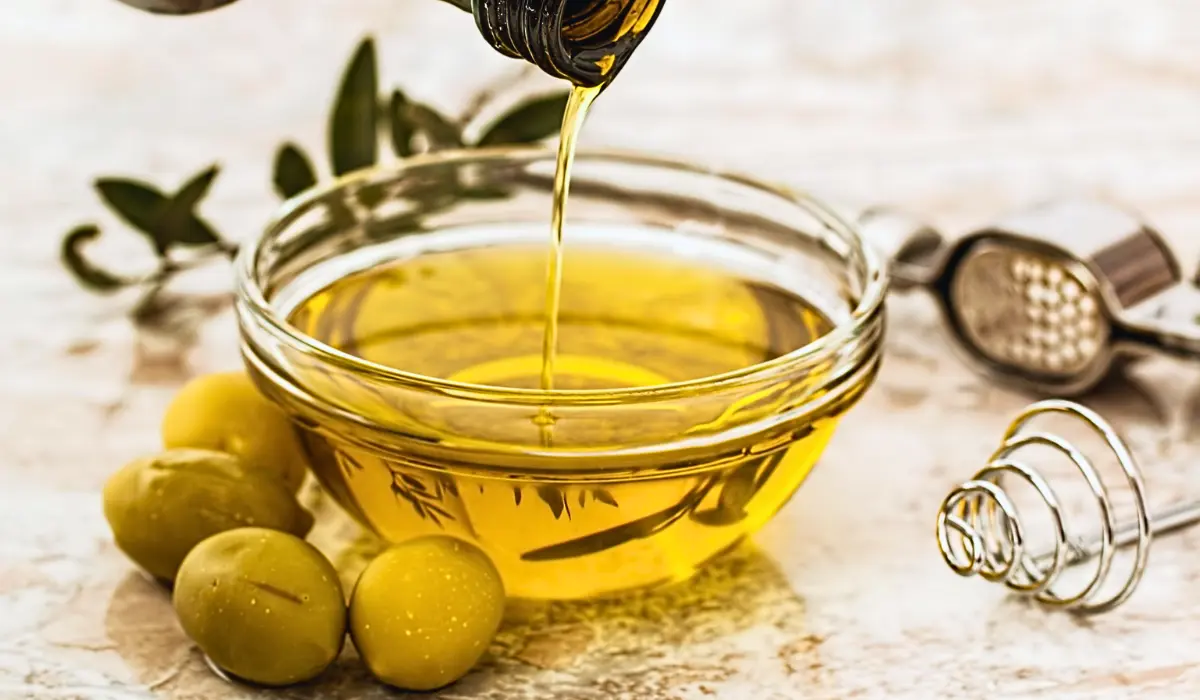Applying castor oil to the belly button has recently gained popularity as an alleged method for weight loss. Proponents claim that putting a few drops of castor oil in the navel and massaging it can help burn belly fat and promote weight loss.
However, these statements are unsupported by any scientific data. As with any wellness trend, it’s important to understand the potential side effects of applying castor oil to the belly button before trying it. This article will explore what research says about using castor oil for weight loss, as well as the possible side effects of applying castor oil on the belly button.
What is Castor Oil?

The Ricinus communis plant’s seeds are used to make castor oil, It is a vegetable oil. It has been used medicinally for centuries to treat various conditions like constipation and skin infections. Castor oil is rich in ricinoleic acid which is said to exhibit anti-inflammatory and analgesic properties. Modern applications of castor oil include cosmetics, soaps, textiles, and medicines.
Side Effects of Castor Oil in Belly Button
There are no scientific studies examining the safety and efficacy of applying castor oil specifically in the navel. However, putting any oil in the belly button may cause the following side effects of applying castor oil in belly button:
1. Skin Irritation
Castor oil is very thick and applying it to the sensitive skin around the navel may cause irritation, rashes, or dermatitis in some people. The navel area usually harbors bacteria which can infect irritated skin and cause cellulitis.
2. Infection Risk
Contaminating the navel area with any oil may introduce bacteria deeper through the thinner skin lining the belly button. This can cause redness, swelling, pain, and pus drainage signaling an infection like folliculitis.
3. Allergic Reactions
Being a vegetable oil, castor oil can trigger allergic reactions in some people. Symptoms like abdominal pain, diarrhea, vomiting, skin hives, and breathing difficulty may develop.
4. Delayed Healing
The navel piercing is prone to infections during the healing phase. Applying any oil may delay the healing process and aggravate infection risks in those with navel piercings.
5. Abscess Formation
Blocking the navel opening with thick oils like castor oil can trap bacteria inside folded skin contours lining the belly button cavity. This causes abscess formation with severe abdominal pain requiring antibiotics or surgery.
So while castor oil packs applied to the skin are generally considered safe for constipation, hemorrhoids, and inducing labor, castor oil application in the navel is not recommended due to the potential side effects of applying castor oil in the belly button.
There are safer ways to lose belly fat through diet and exercise. Let’s explore some castor oil uses and alternatives for weight loss.
Castor Oil Benefits and Uses
Castor oil has several medicinal uses despite lacking strong research. A few ways it has been traditionally used:
- Constipation remedy: Castor oil helps relieve constipation by irritating the intestinal lining and inducing bowel movements.
- Promote labor: Castor oil may stimulate contractions during pregnancy when labor is delayed. Consult a doctor before trying this.
- Improve immunity: Castor oil molecules may support white blood cell and lymphocyte production to bolster immunity. More studies are needed.
- Skin moisturizer: Applying small amounts of castor oil can hydrate dry skin patches due to ricinoleic fatty acids acting as humectants. Avoid rancid oil.
- Hair growth: Massaging the scalp with castor oil may increase circulation and improve hair growth. Results can take 2-3 months and may not occur in all people.
While considered safe and effective for other uses, castor oil application in the navel has not been studied enough to be recommended for weight loss due to the side effects of applying castor oil in the belly button.
Alternative Ways To Lose Belly Fat
Instead of unproven DIY navel remedies, try these safer weight loss tips targeting belly fat:
The most sustainable approach to belly fat and weight loss includes a balanced diet with calorie control, regular exercise addressing fat deposits all over, and a healthy lifestyle. Navel spot treatments offer no shortcuts and come with the side effects of applying castor oil to the belly button. Be patient and trust the process outlined above.
Conclusion
While applying oils like castor oil to the navel seems like an easy fix to burn belly fat, this trend has no scientific basis and can cause side effects like infection, allergies, and skin irritation – the side effects of applying castor oil in the belly button. Oils aren’t sterile and can host bacteria in the warm, moist folds around the belly button. This coupled with thinner abrasion-prone skin increases infection risks upon application.
The navel connects to the peritoneal lining of abdominal organs via the umbilical cord remnants. So any harsh liquid irritants have systemic absorption risks as well. Despite being traditionally used to induce labor and open bowels, castor oil application protocols exclude the navel even in folk medicine for good reason.
Aim to lose fat in a holistic, sustainable way by improving nutrition quality, exercising regularly, and managing stress effectively instead. Visceral fat surrounding organs poses long-term health risks and demands lifestyle changes over quick fixes. Be patient with visible weight loss results since losing belly fat tends to take more time than other areas.
With no research proving that any spot reduction belly button remedies work, save your navel the harm and stick to proven fat loss methods. Can belly buttons be part of an effective weight loss solution at all? What are your thoughts?

